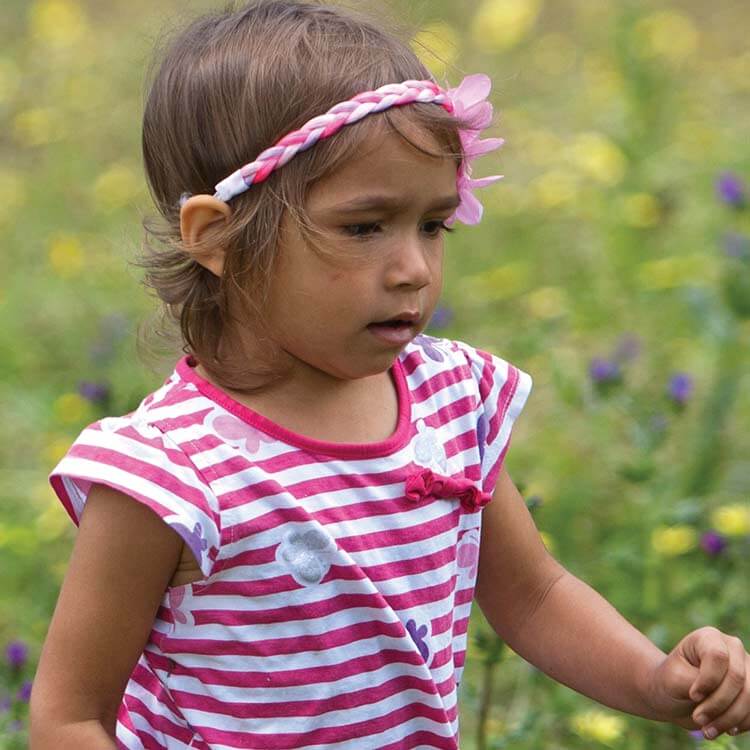Search
Research
Culture, Connection and Care: The Role of Institutional Justice Capital for Enhancing the Wellbeing of Aboriginal and Torres Strait Islander Children in Out-Of-Home CareEnsuring that Aboriginal and Torres Strait Islander children removed from their families by child protection services remain connected to their kin, Country and culture is a priority to begin to redress the intergenerational trauma and harm caused by colonisation. This article describes the views of staff working in three mainstream out-of-home care organisations, where children are cared for by non-Indigenous foster carers.
Research
“Ngany Kamam, I Speak Truly”: First-Person Accounts of Aboriginal Youth Voices in Mental Health Service ReformAboriginal young people are experts in their own experience and are best placed to identify the solutions to their mental health and wellbeing needs. Given that Aboriginal young people experience high rates of mental health concerns and are less likely than non-Indigenous young people to access mental health services, co-design and evaluation of appropriate mental health care is a priority.
Research
Raising strong, solid Koolunga: Values and beliefs about early child development among Perth's Aboriginal communityWe detail the unique findings from an Aboriginal early child development research project with a specific focus on the Nyoongar/Aboriginal community of Perth
Research
Role of maternal mental health disorders on stillbirth and infant mortality risk: a protocol for a systematic review and meta-analysisWe plan to examine whether prenatal maternal mental health disorders impact the risk of stillbirth and infant mortality
Research
Psychosocial disadvantage and residential remoteness is associated with Aboriginal women's mental health prior to childbirthOptimal mental health in the pre-conception, pregnancy and postpartum periods is important for both maternal and infant wellbeing. Few studies, however, have focused on Indigenous women and the specific risk and protective factors that may prompt vulnerability to perinatal mental disorders in this culturally diverse population.
Research
Caregiver-perceived racial discrimination is associated with diverse mental health outcomes in Aboriginal and Torres Strait Islander children aged 7-12 yearsExposure to racial discrimination in Aboriginal children increased the risk for a spectrum of interrelated factors linked to negative mental health
Research
‘Defying the odds’: Exploring the impact of perinatal outcomes, maternal social and health outcomes and level of culturally appropriate service availability on the health of Western Australian Aboriginal infants and childrenCarrington Fiona Shepherd Stanley PhD FAA FASSA MSc MD FFPHM FAFPHM FRACP FRANZCOG HonDSc HonDUniv HonFRACGP HonMD HonFRCPCH HonLLB (honoris causa)
Research
Indigenous young people's resilience and wellbeingCarrington Shepherd PhD Honorary Research Associate Honorary Research Associate Areas of research expertise: Population health; Aboriginal and Torres

The Aboriginal Health and Wellbeing Team follows an holistic definition of Aboriginal Health which means that health is not just the physical wellbeing of an individual but includes the social, emotional and cultural wellbeing of the whole community.

People
Associate Professor Glenn PearsonDirector of First Nations Strategy and Leadership; Head, First Nations Health and Equity Research
